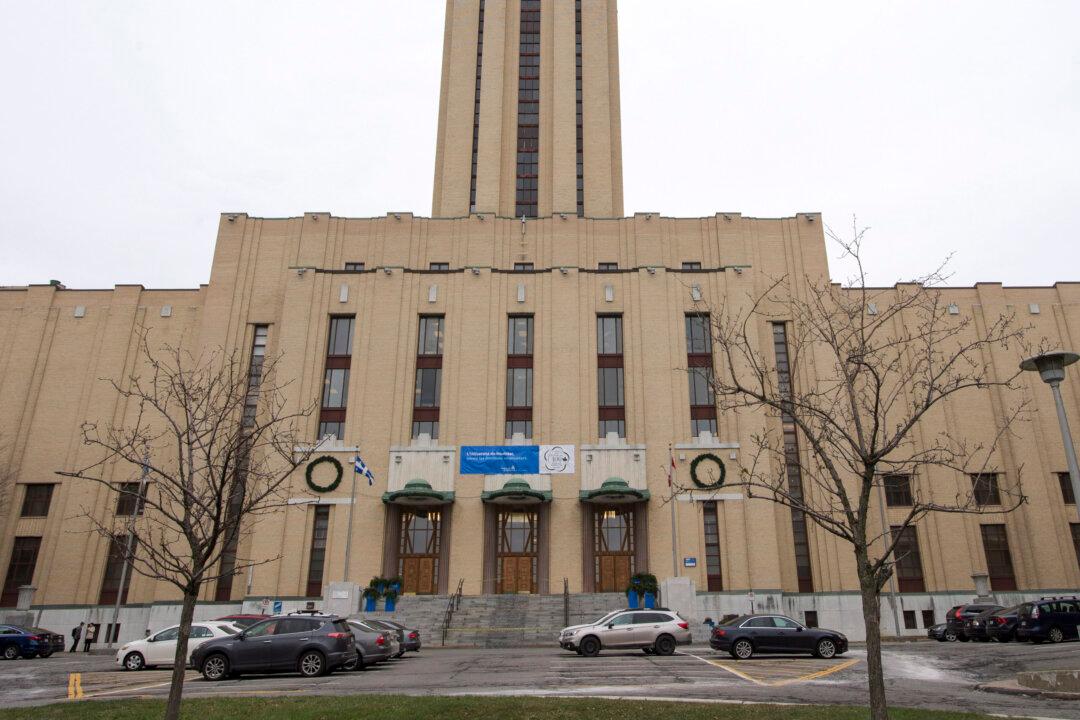A Montreal university says it will keep a donation that has been linked to an alleged plot by the Chinese government to influence Prime Minister Justin Trudeau, but it will now use the money to promote democracy.
The Université de Montréal said Thursday that it has not been able to confirm the allegations, made by an unnamed national security source in The Globe and Mail, that the donation was part of a political interference operation.





